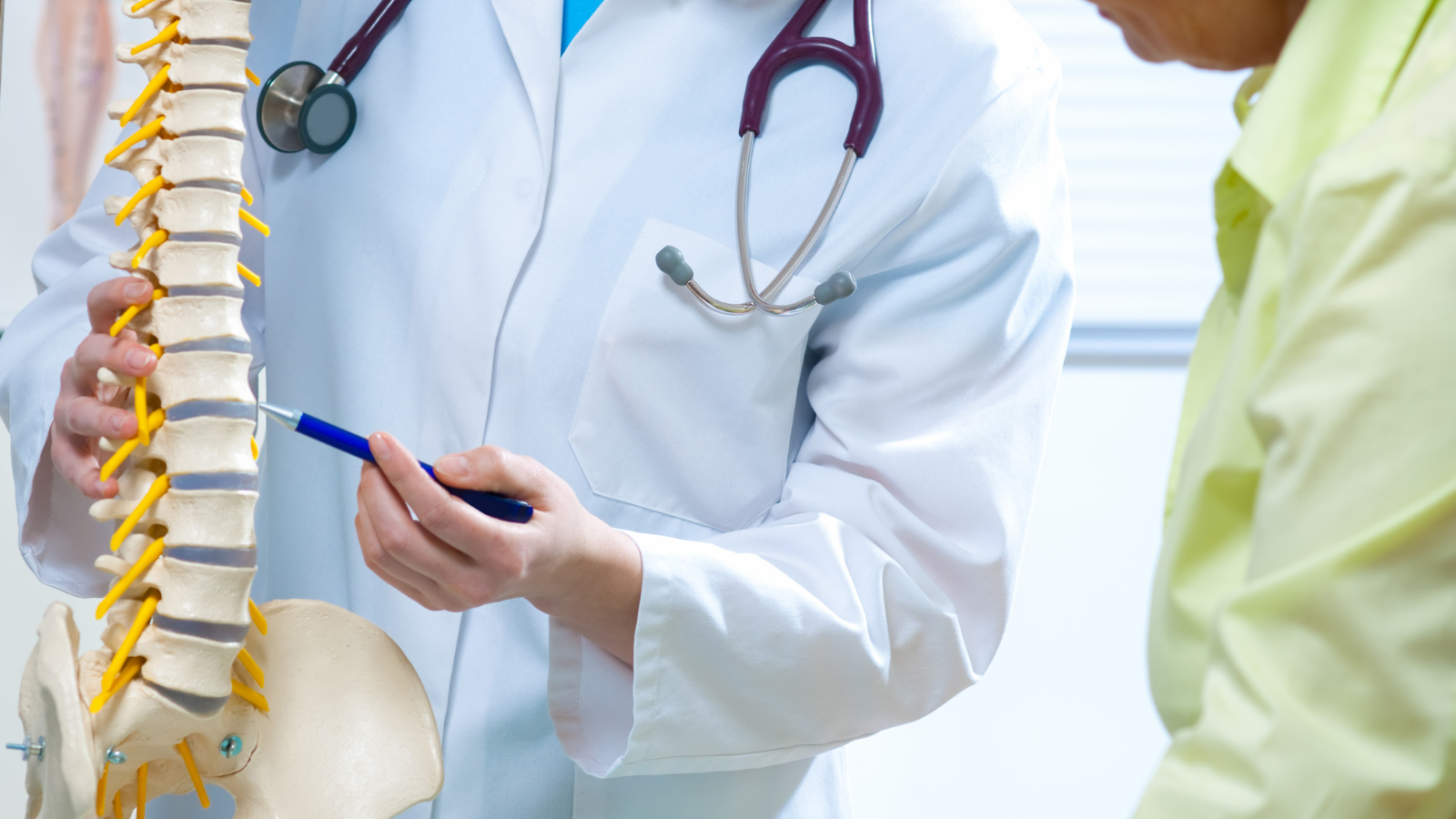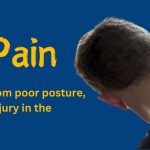Bone Pain: Cancer Symptoms, Types, Causes & Best Treatment. Click to learn all about bone pain including bone cancer symptoms, tail bone pain, bone spur on top of foot, pain in middle of chest bone, broken ribs treatment and many more.
Any discomfort or pain in your bones or joints (Joint Pain) is referred to as bone pain. Many accidents and medical conditions may be to blame. It may also be known as “bone tenderness.”
It will be simpler to feel or see some causes of bone pain than others. You will understand exactly why your bone hurts if you have a bone fracture following trauma, such as a car accident or fall.
But, most bone pains have obscure causes. For example, some cancers that begin in (or spread to) your bones can result in bone discomfort. Bone pain can also result from trauma and injuries.
You should seek medical attention as soon as you have bone pain. Finding the source of the discomfort as soon as possible is important.
What is the Cause of Bone Pain?
Many conditions, including the following, can result in bone pain:
- Bone fracture, or break, overuse or repetitive movement injury, hormone deficiency, typically brought on by menopause, infection, a bone cancer that has spread from its original site, or metastatic malignancy, cancer of the blood cells, or leukemia, interruption of the blood supply brought on by illnesses like sickle cell anemia
- Decreased bone density is caused by several factors, including aging, hormonal changes, and inactivity. This may increase your risk of suffering from bone discomfort and fractures.
- Consult your doctor if you are experiencing bone pain that is not related to an obvious cause or if you have had cancer treatment in the past.
Bone Pain Symptoms
Depending on the cause of the bone pain, there are several other signs and symptoms.
- There might be swelling, visible fissures or deformities, and a snapping or grinding sound after an accident.
- Mineral deficiency: Symptoms of this ailment include sore muscles (Muscle Pain) and tissues, trouble sleeping, cramping, tiredness, and weakness.
- Joint pain, loss of joint function, and weakness due to a disruption in the blood flow to the bones
- Redness, fever, streaks coming from the injection site, swelling, warmth, decreased range of motion, nausea, and appetite loss are all signs of infection.
- Osteoporosis causes back pain, slumped posture, and gradual height decrease.
Bone cancer symptoms include numbness or tingling, bone breaking, and a lump or bulge under the skin (caused by a tumor pressing against a nerve).
Bone Pain in Chest
Pain in the front of your chest (Chest Pain), close to the breastbone (sternum), is frequently brought on by acute costochondritis, commonly known as chest wall pain syndrome.
The cartilage between the sternum and the ribs is typically inflamed, which is the usual cause of the pain. Costochondritis is the term for this inflammation.
After coughing, stifling, or weightlifting, it may occur. But this is not always the case. When you cough or breathe deeply, the pain may become more intense. This discomfort could be mistaken for a heart attack.
Avoiding vigorous activities that use your chest muscles, stretching, and, if necessary, taking anti-inflammatory medicine are all effective ways to cure costochondritis.
Bone Pain Behind Ear
Since the ears (Ear Pain) and these bones—which are full of air cells and serve to protect the ears—contain many veins and nerves (Nerve Pain), they are thought to be particularly sensitive organs that are subject to pain.
As a result, while discomfort behind the ear is uncommon, it can occur as a result of any little discomfort. Behind the ears, in the upper neck (Neck Pain), or in the back of the head, the pain may be dull and throbbing. The jaws and cheeks may also be effective by the pain.
It’s also critical to realize that just because pain only affects one ear does not necessarily state an ear infection or other ear-related problem. The ear can easily be the cause because it has many neural connections to the head (Head Pain), neck, and ear.
Treatment of Bone Pain
Before determining the best course of action, the doctor must determine what is causing the bone discomfort. Following treatment, some types of bone pain will go away; but, other types of bone pain may be chronic (Chronic Pain) and need ongoing care.
For instance, fractures could need the use of a cast or splint. The most common treatments for stress fractures are rest, immobilization, ice, and elevation.
The doctor can treat osteoporosis-related bone pain using a mix of bone-building and pain-relieving medications like Tapaday 200mg and Aspadol 100mg, as well as lifestyle changes and fall prevention, to help prevent fractures.
Acetaminophen, aspirin, and ibuprofen 200mg and ibuprofen 400mg are a few over-the-counter painkillers that may offer momentary relief from bone pain.
To drop the illness-causing bacteria, the doctor may recommend antibiotics if the patient has a bone infection. Depending on the cancer’s stage and location, there are many ways to treat cancer-related discomfort.
Is bone pain normal?
While bone pain usually comes from a loss of bone mass or a bone injury, it can also be a symptom of a serious medical condition. Infection, a disruption in the blood flow, or cancer can all cause bone discomfort or tenderness.
How do you know if bone pain is cancer?
The enduring bone ache worsens over time and lasts all through the night. An afflicted bone may show signs of swelling and redness (inflammation), which might restrict motion if the affected bone is close to a joint.
Why do I have bone pain at night?
There are many reasons why we could have nighttime bone pain. This can cause discomfort if you have a break or fracture or an infection.
Fractures and bone pain can both because by hormonal imbalances, such as those brought on by menopause.
Is Walking good for bone pain?
People with the condition are told to walk because it is low-impact, keeps the joints flexible, promotes bone health, and lowers the risk of bone loss.
If you do have pain or are extremely stiff later, consider doing a little less, taking extra time to relax, and consulting your doctor as needed.
Which medicine is best for bone pain?
One option is using over-the-counter medications such as painkillers ibuprofen, Carisoprodol, and Tapentadol. For moderate or severe pain (Acute Pain), one can also use medicinal products like morphine or paracetamol.




